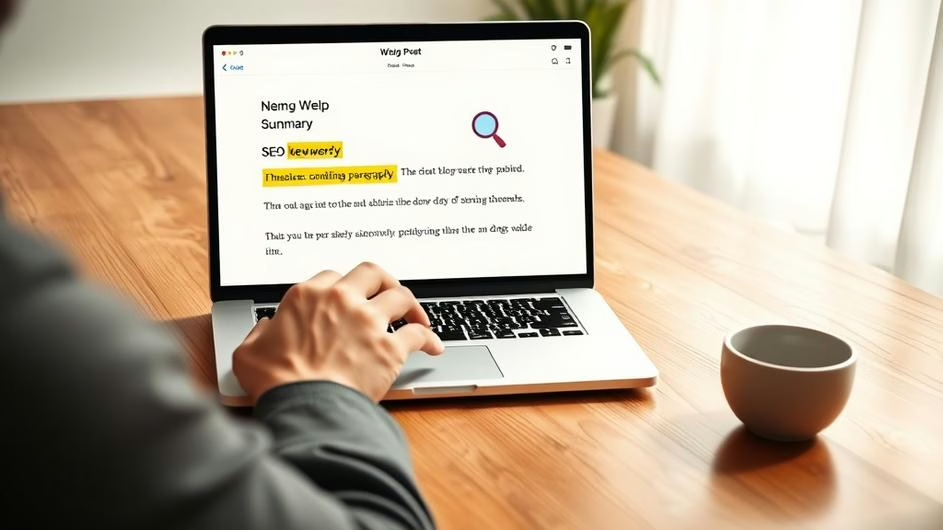
The AI Revolution in Business: New Tools Are Reshaping App Development, Security, and Insurance
Artificial intelligence isn’t just the future anymore. It’s here, and it’s transforming how businesses operate in ways that would’ve seemed like science fiction just a few years ago. We’re watching AI evolve from a back-office curiosity into the backbone of modern enterprise infrastructure. Companies aren’t just experimenting with AI tools anymore. They’re building entire business models around them.
The evidence is everywhere. In recent months, we’ve seen a surge of new ventures securing major funding rounds, each promising to solve real business problems with AI-powered solutions. These aren’t flashy demo apps or proof-of-concept projects. They’re production-ready platforms designed for the messy, complex world of actual business operations.
Breaking Out of Stealth: When AI Meets Real-World App Development
Here’s something that caught our attention: Dazl just emerged from stealth mode with $10 million in seed funding. What makes this interesting isn’t just the money, though that’s certainly noteworthy. It’s who’s behind it and what they’re trying to solve.
The platform comes from Avishai Abrahami, one of the co-founders of Wix, along with a former TikTok executive. These aren’t newcomers to the tech world. They understand what it takes to build platforms that millions of people actually use. Their new venture, Dazl, tackles a problem that’s been frustrating businesses for months: the gap between AI’s ability to create impressive prototypes and the reality of building production-ready applications.
You’ve probably seen those viral videos of AI generating entire apps in minutes. They look amazing in demos, but try to scale them or implement proper security, and you’ll quickly hit walls. That’s the problem Dazl wants to solve. The platform focuses on creating AI applications that can actually handle real-world business requirements, not just impress people at conferences.
This connects to broader trends we’re seeing in vibe coding and AI-driven development. The goal isn’t just to make development faster; it’s to make it more accessible while maintaining the quality standards that enterprise customers demand.
Security Teams Get Their Own AI Playground
While developers are getting new tools, cybersecurity professionals aren’t being left behind. Sola Security recently raised $35 million to expand its no-code application platform specifically designed for security teams.
Here’s what’s impressive: in just six months since launch, more than 2,000 users have created over 1,000 custom security applications using Sola’s generative AI tools. That’s not just adoption; that’s rapid, widespread usage. These applications cover everything from identity and access management to compliance monitoring and cloud configuration management.
The significance goes beyond the numbers. Traditionally, security teams had to wait for overloaded IT departments to build custom tools or make do with generic solutions that didn’t quite fit their needs. No-code platforms are changing that dynamic by putting development power directly into the hands of security specialists.
This shift makes sense when you consider the current threat landscape. Cybersecurity challenges are evolving rapidly, and security teams need tools that can adapt just as quickly. Waiting weeks or months for custom development isn’t an option when new threats emerge daily.
Insurance Gets a Digital Makeover
If you think AI’s impact is limited to tech companies, think again. The insurance industry, known for its conservative approach to new technology, is embracing AI in surprising ways. Pathwork’s recent $3.5 million seed investment shows how AI is reshaping even traditional industries.
Pathwork focuses on the $160 billion insurance distribution market, targeting the inefficiencies that have plagued the industry for decades. Anyone who’s tried to buy life or health insurance knows the pain points: endless paperwork, slow underwriting processes, and communication breakdowns between brokers, carriers, and consumers.
The platform uses AI to streamline these workflows, reducing errors and speeding up processes that used to take weeks. This isn’t just about making things faster; it’s about making them more accurate and transparent. When you’re dealing with something as important as insurance coverage, accuracy matters.
What’s particularly interesting is how Pathwork integrates structured data with advanced AI to enable predictive underwriting and dynamic policy management. This represents a fundamental shift from reactive to proactive insurance processes.

AI’s Broader Impact on User Experience
The transformation we’re seeing in enterprise applications is just the beginning. AI is increasingly influencing consumer-facing experiences too. Consider how AI is already personalizing everything from sports betting recommendations to product recommendations for major purchases.
This personalization extends far beyond simple recommendation engines. AI can now optimize pricing in real-time, customize checkout processes based on user behavior, and even predict when customers might need support before they realize it themselves. The bar for digital experiences is rising rapidly, and businesses that don’t adapt risk being left behind.
Building Tomorrow’s AI Infrastructure
Looking ahead, we’re entering a phase where the question isn’t whether to adopt AI, but how to integrate it effectively and responsibly. The platforms emerging today, like Dazl, Sola Security, and Pathwork, represent early attempts to solve this integration challenge.
The focus is shifting toward building holistic architectures that combine rapid development capabilities with robust security measures and transparent workflows. AI-driven workflows are becoming the norm rather than the exception across industries.
What’s particularly encouraging is how these developments are making advanced AI capabilities accessible to smaller teams and organizations. You don’t need a massive IT department or unlimited budget to start leveraging AI for your business operations.
The challenge now lies in managing this rapid evolution responsibly. As AI becomes more integrated into critical business processes, questions about governance, transparency, and accountability become increasingly important. Companies that get ahead of these challenges while the technology is still maturing will likely find themselves with significant competitive advantages.
We’re witnessing the early stages of what could be a fundamental restructuring of how businesses operate. The companies that recognize this shift and adapt accordingly will shape the next decade of business innovation. Those that don’t? Well, they might find themselves wondering how their competitors suddenly became so much more efficient and responsive.
The AI revolution in business isn’t coming. It’s already here. The question is whether you’re ready to be part of it.
Sources:
- “AI app platform Dazl emerges from stealth with $10M seed round,” Ynetnews, September 8, 2025.
- “Sola Security Raises $35M to Bring No-Code App Building to Cybersecurity Teams,” SecurityWeek, September 4, 2025.
- “Pathwork Raises $3.5M to Modernize Insurance with AI-Powered Distribution Platform,” HIT Consultant, September 9, 2025.
- “NFL Betting Promos: Get Every Must-Have Sportsbook Offer For Sunday Week 1,” Newsweek, September 7, 2025.
- “The Best Mattress Sales On 20 Forbes Vetted Editor-Favorite Beds,” Forbes, September 10, 2025.





































































































































